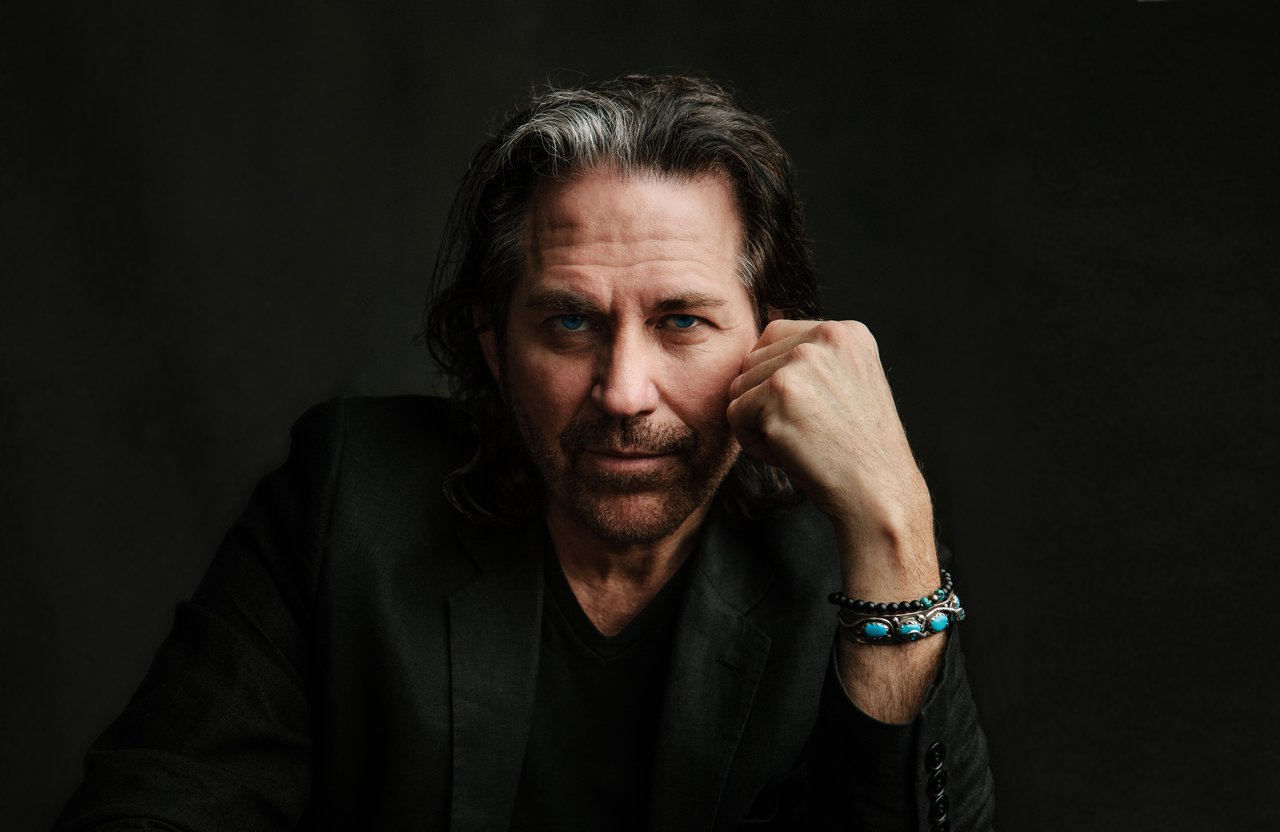11.00 Uhr
cappella academica, Christiane Silber
 C.F. Kip Winger © Andres Martinez
C.F. Kip Winger © Andres Martinez
C.F. Kip Winger is an extraordinary artist – he tours the world with his rock band Winger and he writes orchestral music. “There are not many who do that,” he agrees with a smile. This week, the Konzerthausorchester Berlin plays his Grammy-nominated “Conversations with Nijinsky” from 2016 as a European premiere. We caught him in Japan on tour last week and asked him a couple of questions. This week, he’ll join us at Konzerthaus.
My parents were in a jazz band. When I was 7, they bought my brothers and me instruments and we started a band and played in all the high schools and clubs around Denver. When I was 16, I studied classical guitar. That is when I became drawn to Baroque music. At the same time, I studied ballet with a girlfriend who wanted to take ballet classes, but none of her friends would do it with her. I volunteered because I had done karate before that and was very into the athletics of it. I took to it like a duck to water. All of a sudden, I was hearing all this music I'd never been exposed to before: Tchaikovsky, Debussy, Ravel, Rachmaninoff etc. It was then that my deep desire to compose orchestral music was born, and I particularly wanted to write music for ballet. In 2010, my first major published piece was a ballet called “Ghosts” choreographed by the Tony Award winner Christopher Wheeldon for the San Francisco Ballet.
I was always more drawn to the progressive rock bands that employed classical influences, for example Yes or Jethro Tull. My brain and emotional body for music is very organized in that way. When I studied Baroque and classical music, it inspired me much more than typical rock music and compelled me to seek out great composers to study with.
I was 21 when I moved from Colorado to New York. I studied composition there privately, and I started writing. Meanwhile, I got a job with Alice Cooper, and I was playing bass with him while I was studying classical music. Alice used to call me the ”briefcase rocker“ because I'd carry my little leather briefcase with all my orchestra scores, and I’d be on the bus learning that stuff. It was always a huge passion. The funny thing is I never imagined that an orchestra would play my music. It really just came out of the love of the art.
While I was writing the piece, I was reading a lot of material about Nijinsky's life: His diaries, several books by his wife and Peter Oswald‘s book „A Leap Into Madness“. There’s a short video about this, actually. I would get stuck on the piece and in my mind, I’d ask Nijinsky: „Well, what would you do – I would like to do a big leap here.“ Since I had studied ballet, I knew what it felt like. I finished the piece realizing that it was born out of imaginary conversations with Nijinsky. I had imagined him choreographing to this music – these were the unseen dances of Nijinsky!
Of course. More particularly, I envy him the whole era of the Ballets Russes with its many great ballets, great composers and so many great choreographers, particularly Nijinsky. He was the one who forwarded the art form more than anybody else, in my opinion. Certainly he had the most legendary mystique and was the greatest dancer of his time.
For me, he is a character who lived in his own mind more than anything. He suffered from severe mental illnesses, but he was so creative and had so much artistic depth. All of this contributed to his genius. A lot of my piece, especially the third movement “Souvenir Noir”, but also the second movement, “Waltz Solitaire”, is born out of that deep complexity.
Coincidentally, one of the most amazing things about this whole story is that when I wrote the piece, I got an e-mail from his granddaughter Kinga Nijinsky, who wanted to know more about it. I sent it to her, and she told me her grandfather would have loved it! She lives in Tucson, AZ, and when the Tucson Symphony premiered the fourth movement, she came with her mother Tamara. So the daughter of Nijinsky and his granddaughter sat next to me in the audience, and I could tell them what a great honour it was for me. Tamara Nijinsky passed away a couple of years ago, but Kinga and I are still good friends.She is unfortunately unable to make it to the performance at the Konzerthaus Berlin, but she told me that she ist with us all in spirit!
Photo: Andres Martinez